L.A. Opera’s Double-bill Highway 1 and Dwarf a Giant Success
/By Truman C. Wang
3/12/2024
Photo credit: Cory Weaver / LA Opera
I went to the Saturday, March 9 performance and the show was sparsely attended, with a high percentage of African-Americans in the audience. A pity that members of other demographics chose to stay away (perhaps suffering from woke-ism fatigue), but they could not have been more mistaken.
Ostensibly, the operatic double-bill showcases works of a neglected black composer and an oppressed Jewish composer – a laudable endeavor in any era or political climate. Delving deeper into the music and libretti, however, the connoisseur discovers both works are neither about the blackness nor the Jewishness of their respective subject matter. These are timeless morality tales that were unfortunately set to the type of music (lush late-Romantic Wagnerian harmonies) that was no longer in vogue in post-WWI musical landscape. The only composer of stature at the time who could wing it and still remain popular was Richard Strauss, to whom “atonal” was a dirty word and who had little to lose living large on royalties from Der Rosenkavalier and Salome.
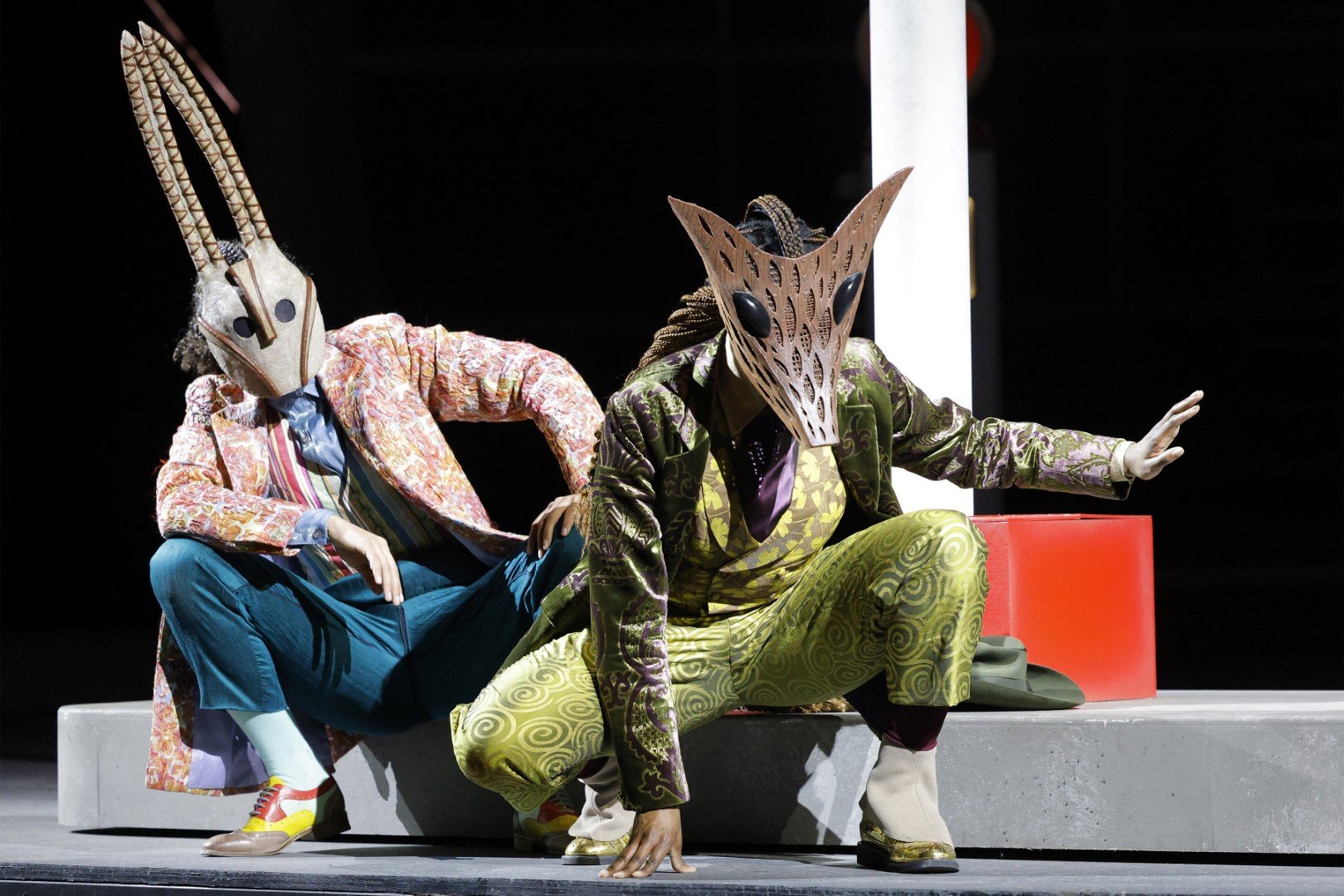
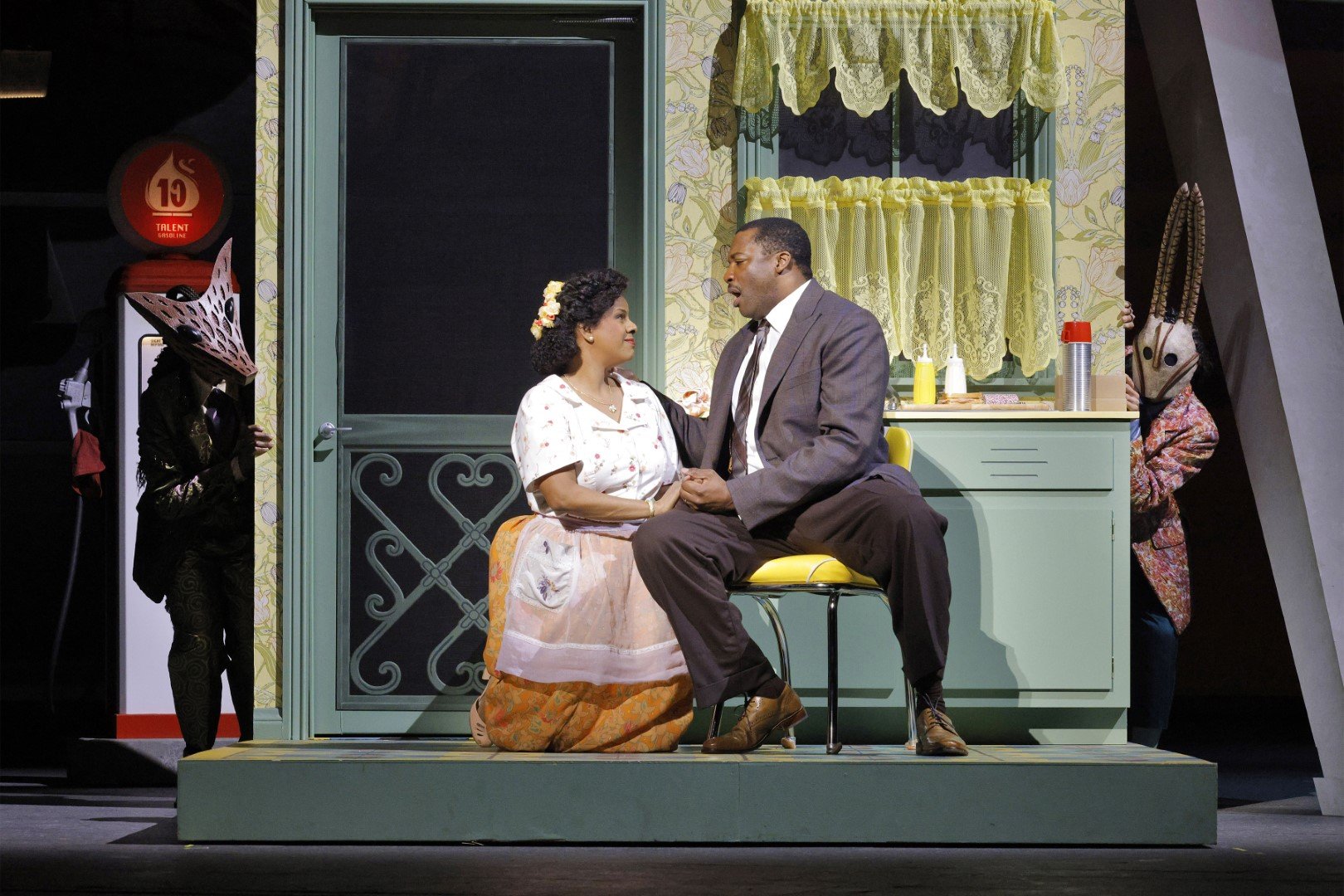
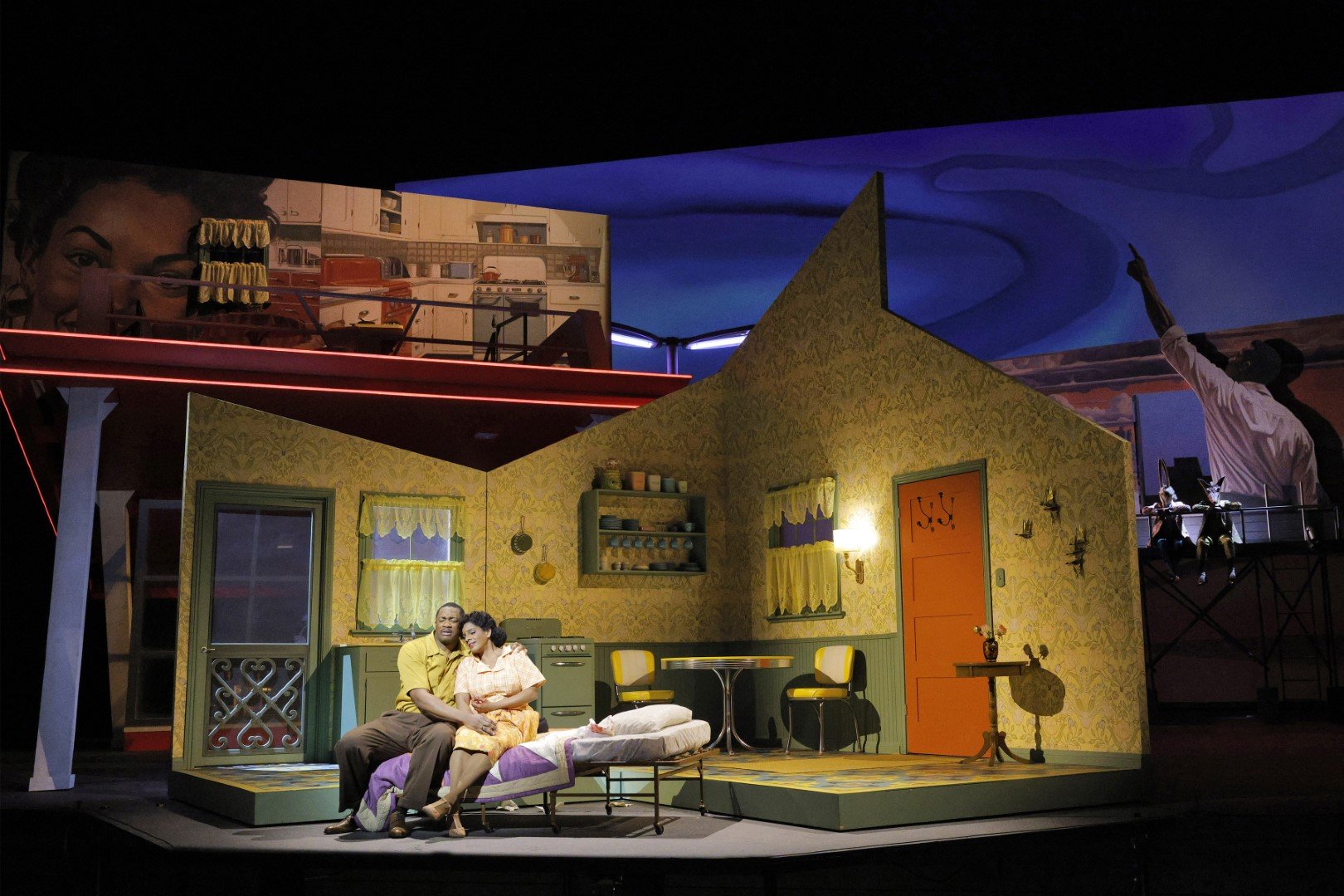
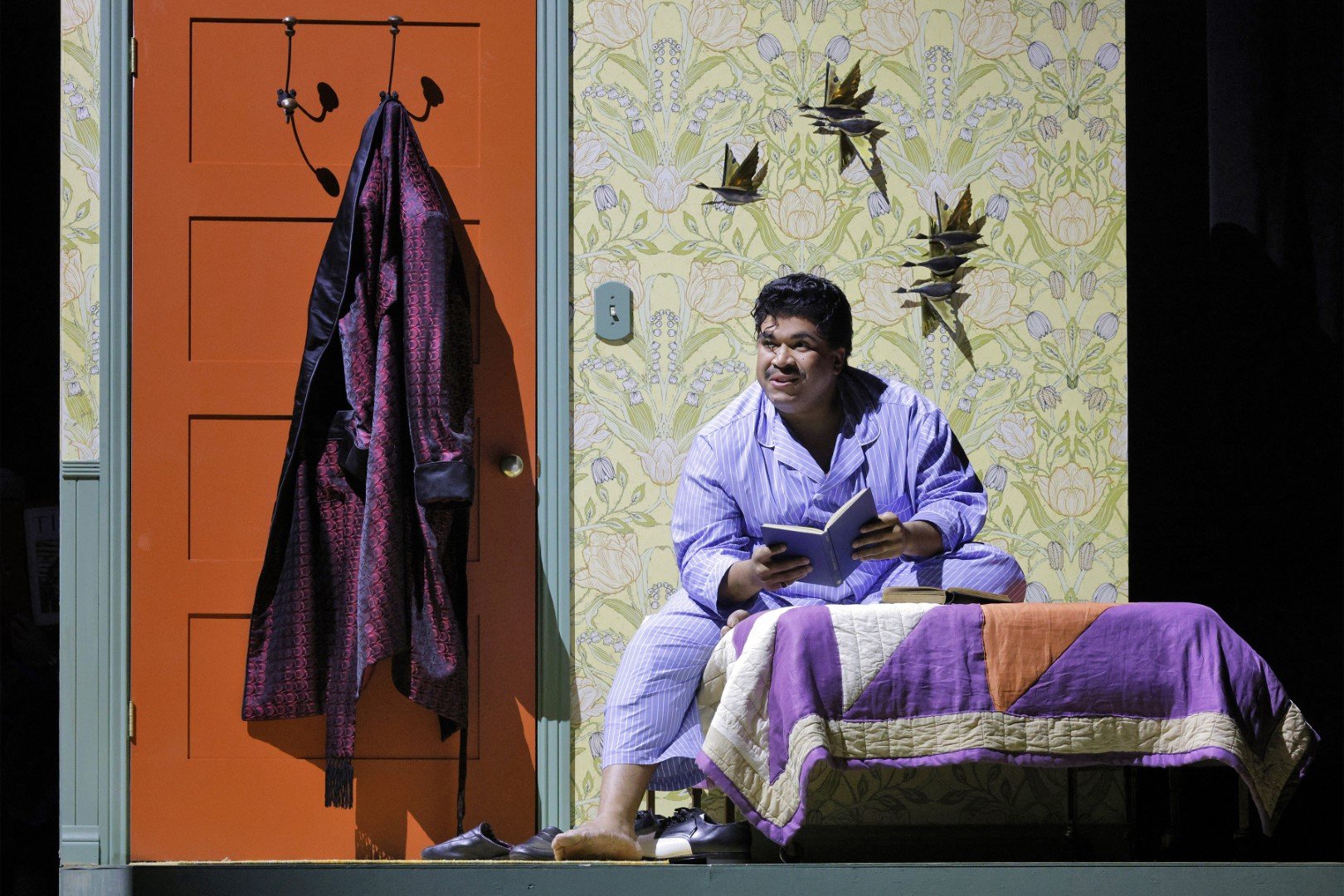



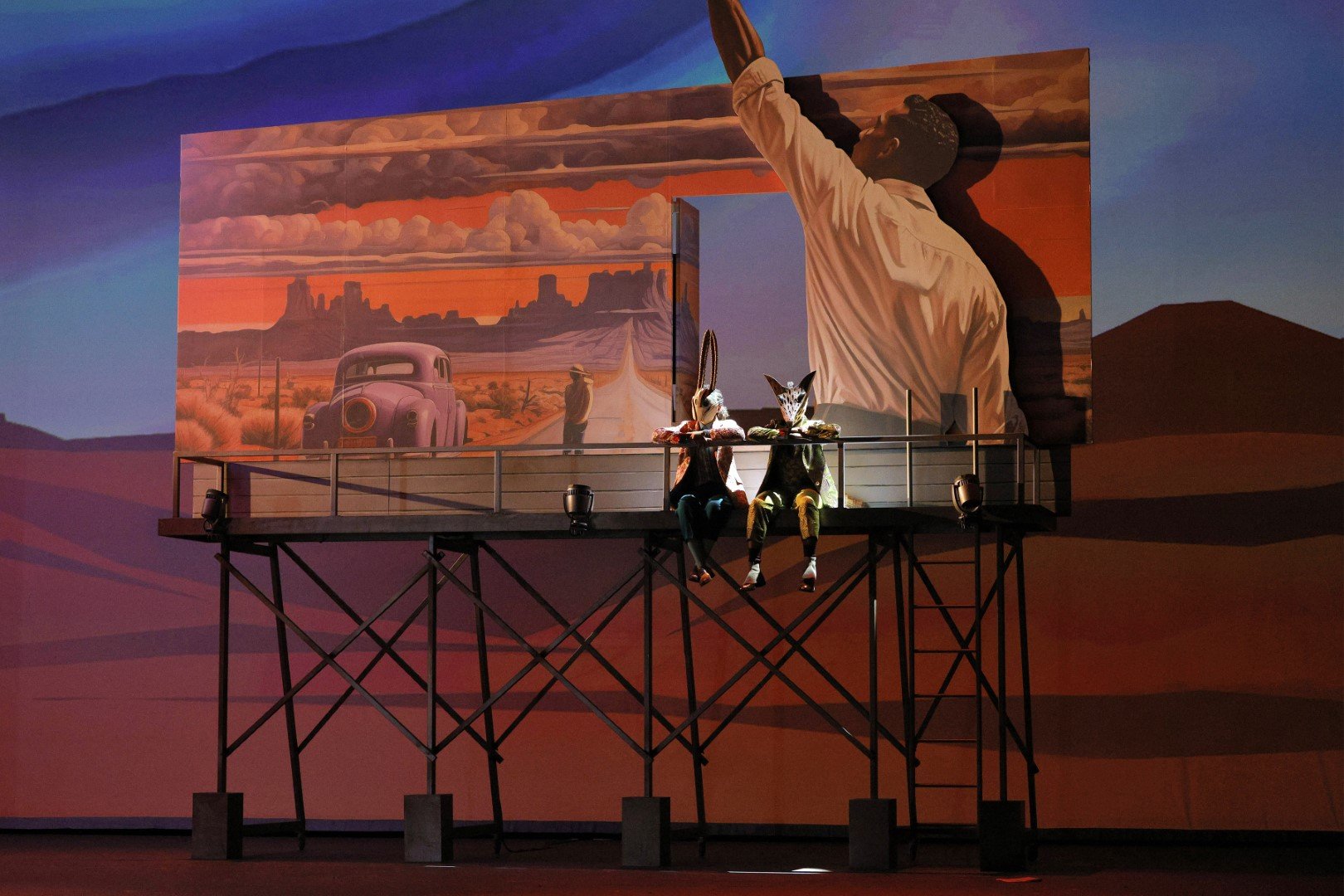
The first opera of the double-bill, Highway 1, USA, was by American composer William Grant Still (1895-1978). In terms of serious compositions if not in fame (he wrote some 200 works in every classical genre), he far surpassed George Gershwin, who could not have written a work like Still’s ‘Afro-American’ Symphony No. 1 – rich in motivic inventions and seamless weavings of jazz and classical forms. In his short and powerful 50-minute-long opera, Still’s compositional skills are evident in every bar. A bittersweet drama of an American family who happen to be black, Bob and his wife Mary run a gas station by Highway 1 and support their ne’er-do-well relative Nate. Musically, the couple speaks a plain harmonic language, filled with recurring leitmotifs, that’s different from Nate’s lush, dreamy harmonies. The jolly, toe-tapping chorus (“Bob and Mary are our friends”) is among the best choruses ever written by a classical composer of any race or era. Baritone Norman Garrett (Bob) and soprano Nicole Heaston (Mary) gave winning performances and sang a beautifully heartfelt duet at the end. Tenor Chaz'men Williams-Ali played the villain Nate to a tee. Mezzo-soprano Deborah Nansteel’s Aunt Lou was another standout. Director Kaneza Schaal made sure the actions flow naturally and powerfully through the quick scene changes. The handsome sets and costumes perfectly evoke the early twentieth-century Americana. The enactment of the ‘Fox and Hare” African folkore further accentuates the fable element of this morality tale.
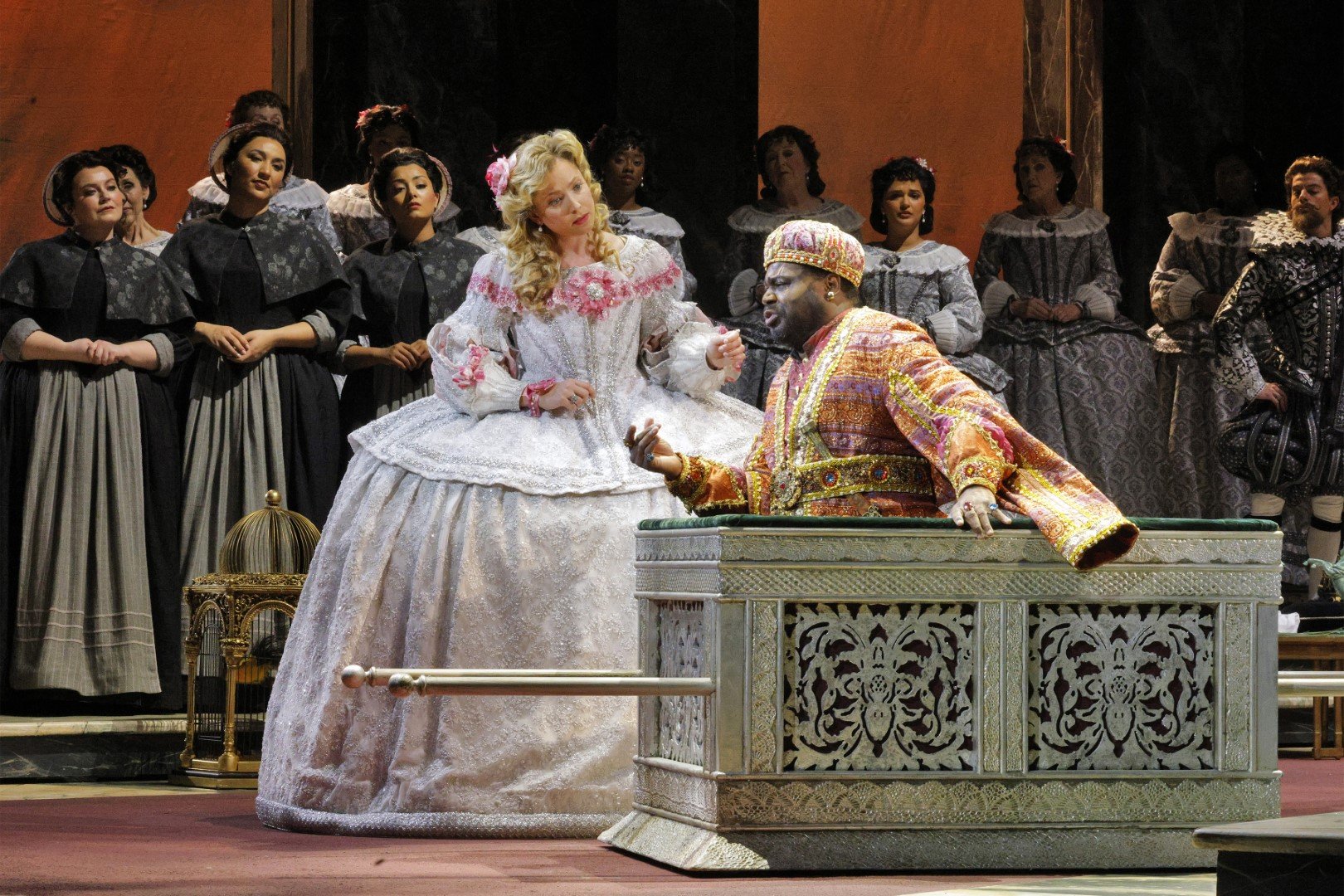
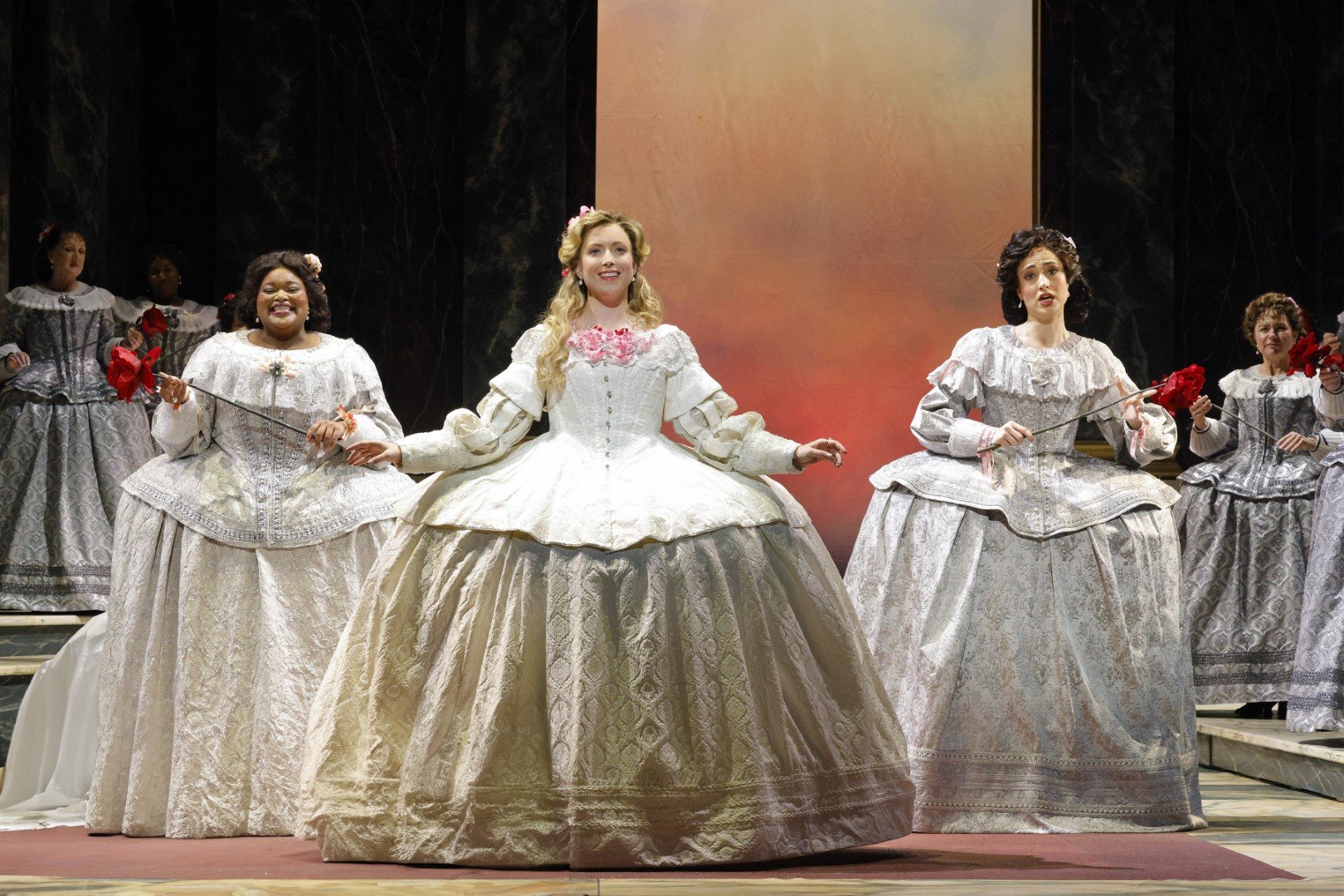
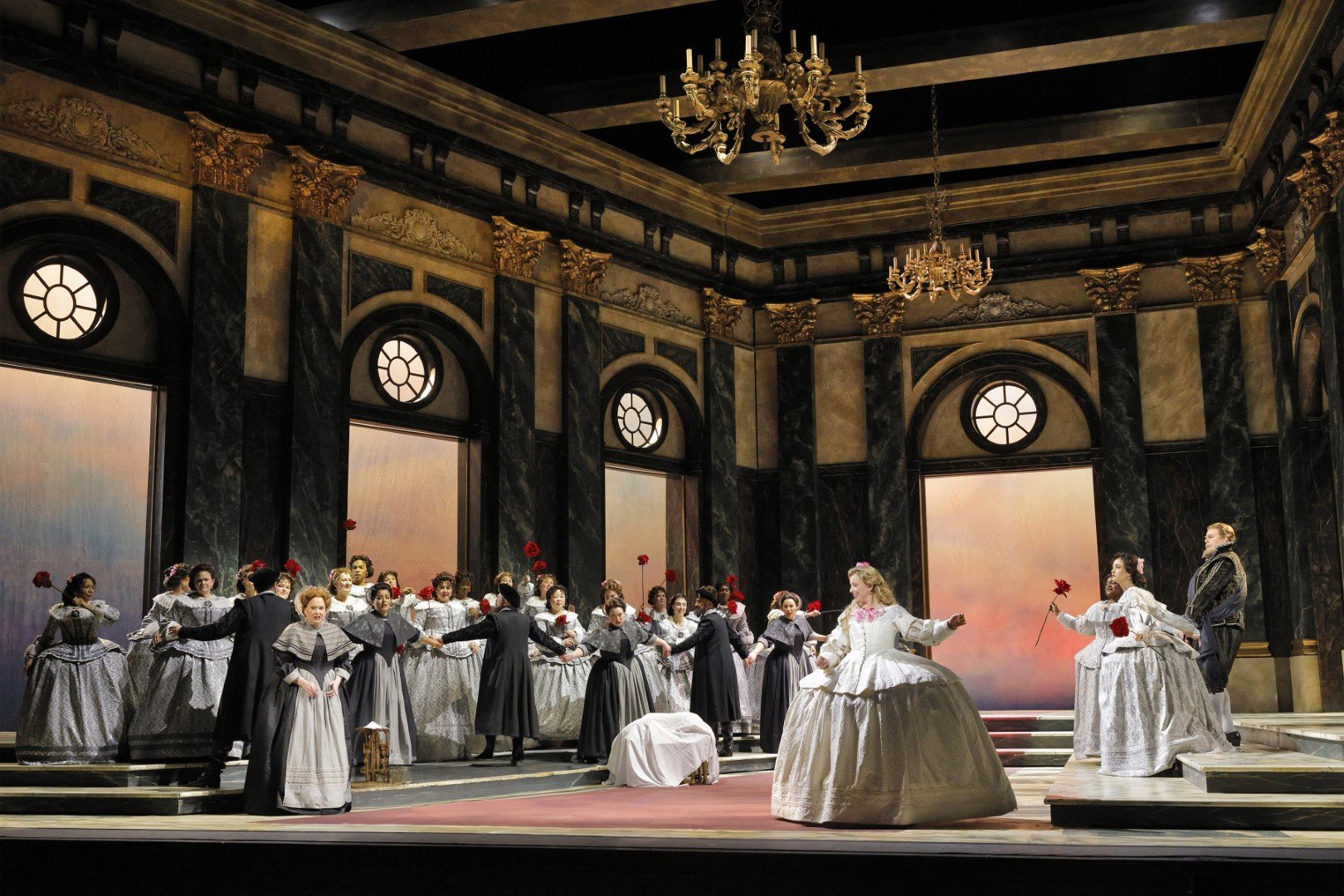
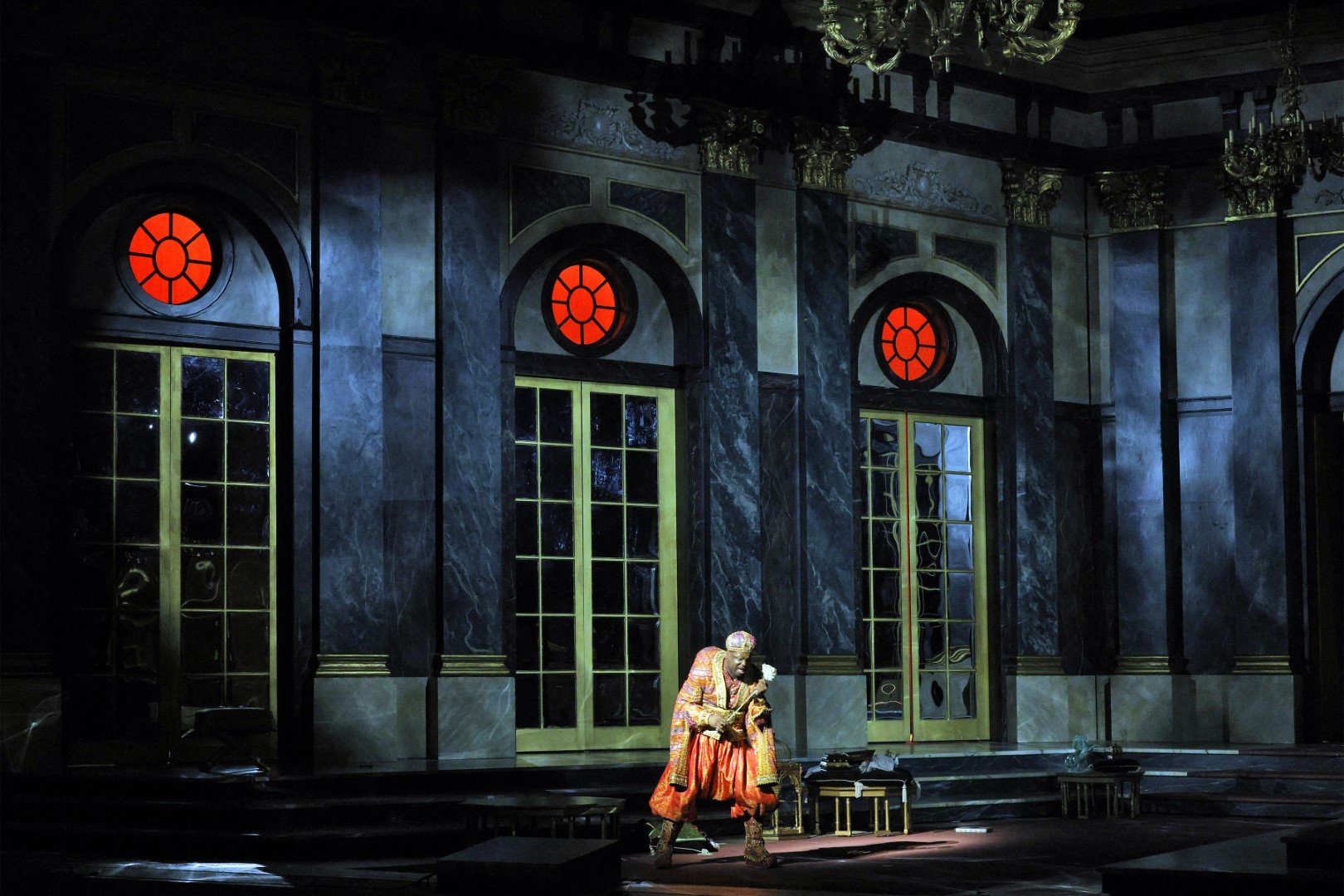
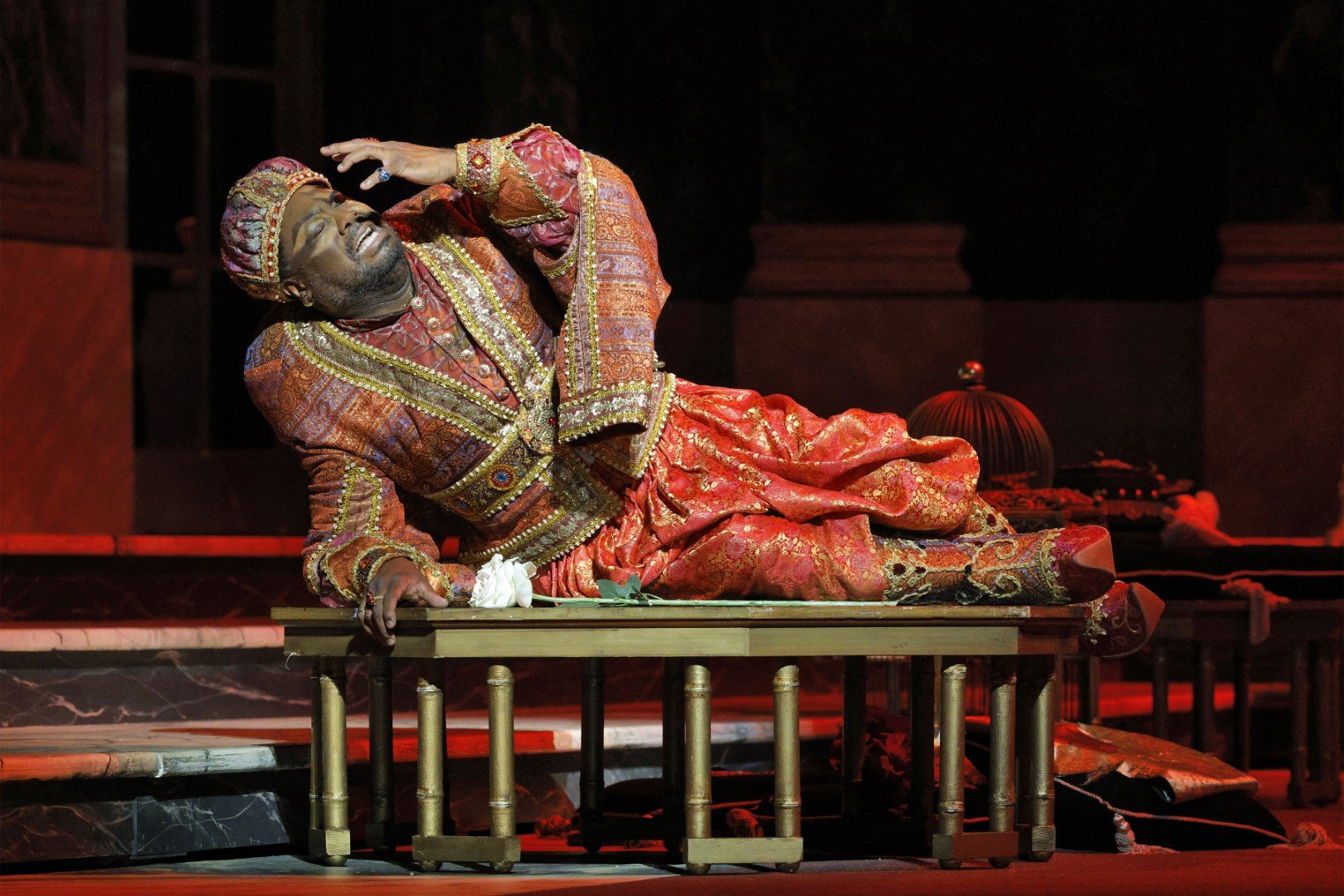
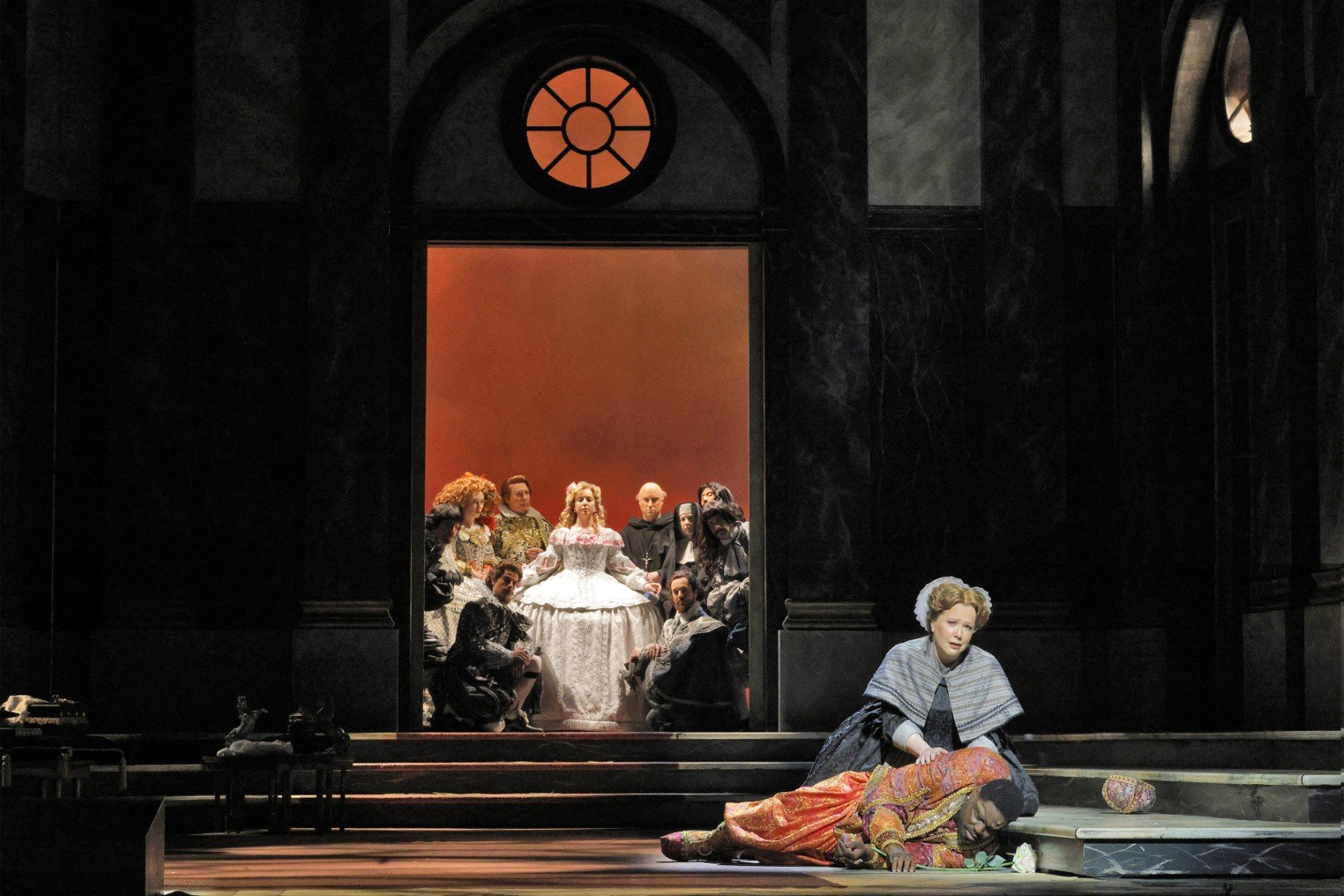
The second opera of the double-bill, The Dwarf (“Der Zwerg” in German), was by Jewish composer Alexander Zemlinsky (1871-1942), whose music was banned in Nazi Germany. The story of a Spanish princess who receives as her eighteenth-birthday present a black ‘toy’ dwarf, it is deep down a Beauty and the Beast fable with a tragic ending, if one can overlook the obvious racial overtones and verbal abuse suffered by the protagonist (like being called “an ugly beast” and “a broken toy”) In this case, the Beauty lies to the Beast, leading him on so she can play and discard him like a toy. The music, too, is searing and seething with torrents of lush harmonies and complex motivic weavings, mirroring the characters’ psychological and emotional states. Soprano Erica Petrocelli (first maid in the 2017 Boston concert performance) was the ‘Infanta terrible’ Donna Clara and a completely believable one. Tenor Rodrick Dixon, donning a hunchback costume, gave a tour de force performance as the dwarf, the tortured victim of unrequited love. The excellent supporting cast was made up of Kristinn Sigmundsson’s imposing Don Estoban, Emily Magee’s sympathetic Ghita, and the three scene-stealing Spanish male dancers (Clara’s three suitors) offering their own laughable birthday gifts. I seldom say this anymore, but this production team has done great service to the composer and the music --Darko Tresnjak’s flawless direction, Ralph Funicello’s sumptuous décor of the Spanish court, and Linda Cho’s gorgeous costumes (especially those impossibly huge hoop skirts).
Conductor James Conlon is the primary creative force behind the “Recovered Voices” project and for that we are most grateful. Under him, the orchestra played like a great symphony orchestra – lush, shimmering strings, powerful brass, eloquent winds – in service of gripping drama.
The LA Opera Chorus was a well-sung hero in this memorable evening of operatic drama. Only two more shows left, on March 14 and 17.
Truman C. Wang is Editor-in-Chief of Classical Voice, whose articles have appeared in the Pasadena Star-News, San Gabriel Valley Tribune, other Southern California publications, as well as the Hawaiian Chinese Daily. He studied Integrative Biology and Music at U.C. Berkeley.


